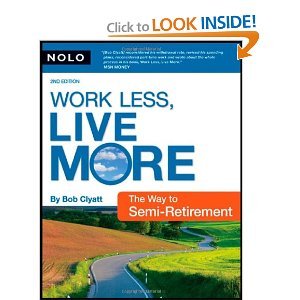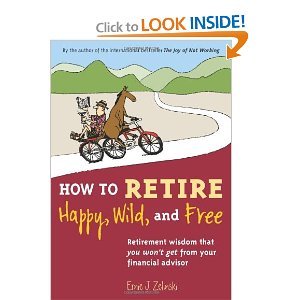Fascinating to read these posts, after retiring last June from 33 years of teaching English: college composition/lit. part-time for five years (in community colleges and four-year universities), also supervising student teachers for a university ed./certification program.
At the high school level, I....
taught all grades, remedial to honors/AP;
served as dept. chair and school accreditation coordinator;
mentored new teachers in a variety of subjects;
coached Academic Challenge, cheerleaders and songleaders;
advised the literary magazine;
taught Upward Bound in the summers, for disadvantaged students with academic promise.
When I help the new teachers, whether 22 years old or second career newcomers, their assessment of the job by Oct. or Nov. is "What have I gotten myself into? I've never had to work this hard in my life."
Granted, though, these are usually new teachers who truly want to make a difference: reach kids, motivate/encourage parents, help the administration make the school a better place----------overall, very altruistic people. Sadly, the reality can be painful.
Back when I earned my initial credential in the 70's, we were advised, "Don't stay in one school too long. Move around a bit, to see what different places are like." I took them up on that, and never regretted it.
So, Years 1-3, I taught in the foothills of the Sierra Nevada mountains. Great experience, though had to deal with pot-growing parents, some "redneck elements," but also families who had moved their kids up there to get them out of LA and the Bay Area. (So Dad flew to work Mon. and flew home Fri.)
After earning an MA and teaching college part-time for 5 years, I then taught 11 years in an affluent suburb in the Silicon Valley. A highly rated school district, very academic, but suffering CA ed. budget cuts (as do all schools across the state). Class sizes avg. 35-38; so a lot of us honors teachers asked to work part-time contracts, just to stay caught up with the paper load. (You can imagine what that does to the paycheck, not to mention service credit earned for retirement.) Essentially, we'd average 40 hrs./wk. easily, for part-time pay.
Moved to Ohio in the late 90's. Substitute taught for a year. Then finished off career with 12 yrs. in a well-respected Catholic high school, with a 50-year legacy of grateful alumni funding a healthy endowment. Another great place to teach.
But as I've mentored teachers in every setting, each new one says the same: "How can you work this hard for so many years?"
Granted, there was no teachers' union in the Catholic school; but, even in the SF Bay Area (where we had a union) I worked with people who were as dedicated as if they were in the Peace Corps. Though I also worked with unmotivated, "lazy" teachers in a couple settings, they generally were not the happy ones. They were the only ones I met who worked "8-3, with summers and weekends off."
I recommend the profession. But, when full time, I easily put in 70-80 hrs. a week. (Of course, English is known as the "worst" subject, due to all the essay grading. Yet I wouldn't trade the students' classroom discussions for anything.)
College teaching, part-time, could be "down-shifting" if you can afford to do it. For insights on its unique challenges, there is a website where hundreds of that faculty army share their concerns. I think it's called NewFacultyMajority. (Just google it; it will pop up.) The biggest drawback to these assignments is the low pay. (Here in the Midwest, they average about $1800/course for a semester. That's usually for 3 hrs./wk. in class. All your prep. time and grading are done gratis.) So when college instructors join the "freeway flyers," they cobble together a couple classes a week at each of 2-3 campuses in an effort to clear $20,000/yr. (No benefits such as health care or retirement.)
So, many of us who did this in our late 20's returned to teaching high school, since we wanted to be able to afford kids and/or mortgages.
I hope this is helpful. Teaching is a rewarding, inspiring profession, if you insist on the tenacity to battle its myriad drawbacks. It's not for the faint of heart. But, when you really reach a disinterested homeboy, fresh out of juvenile hall, who begs to read the part of Hamlet (because he can't stand his stepfather either), you eagerly show up the next morning. Who cares if the coffee is burned or the donuts stale?
It's a good way to spend one's years.





